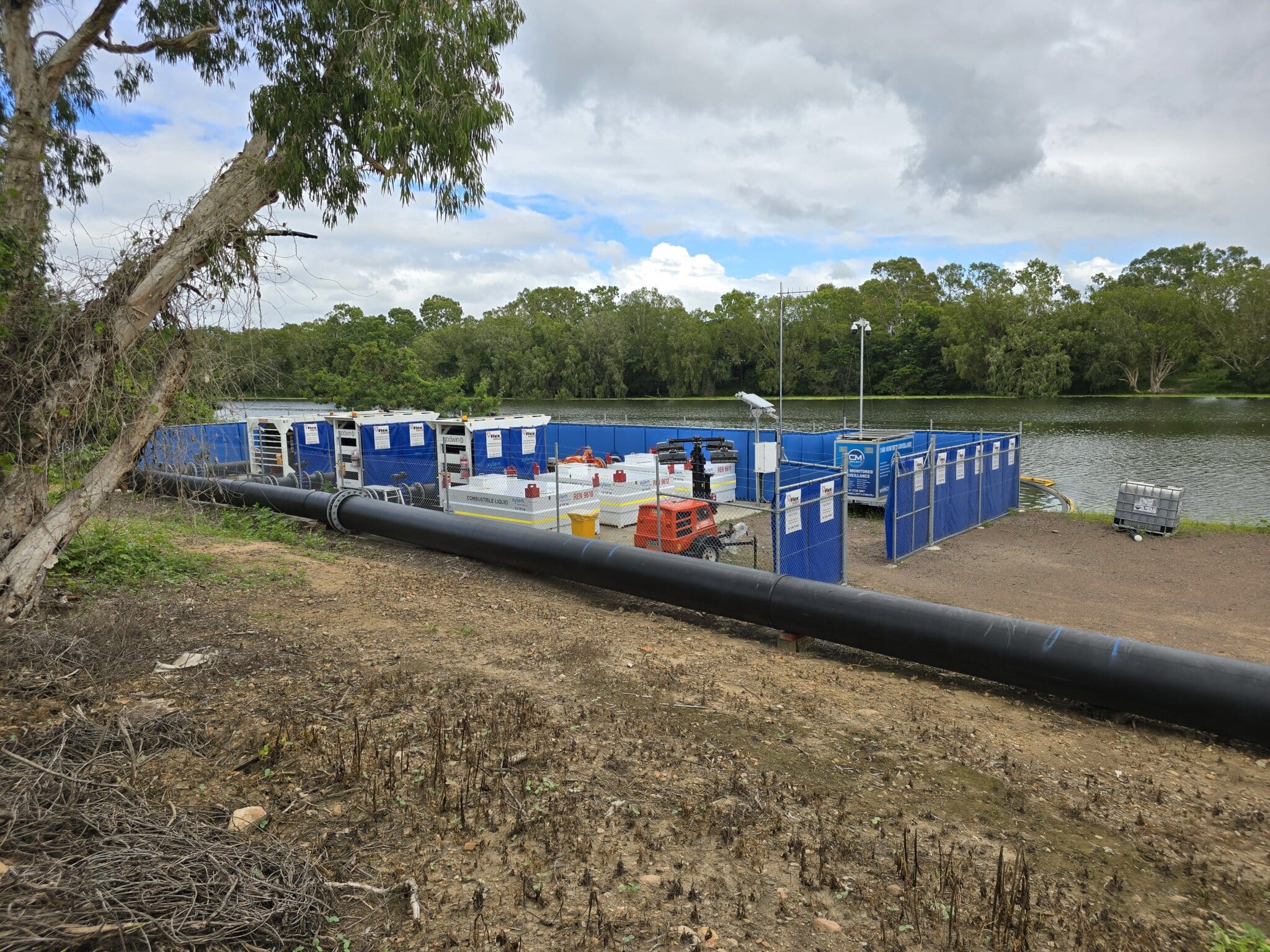Call 1300 799 969 | Contact Us


Home » The effects of industrial noise pollution on local communities in Australia
Living near industrial sites can present challenges beyond what simply meets the eye. For example, one significant concern among these residents is the impact of industrial noise on their daily lives. Noise pollution from industrial activities can profoundly affect nearby communities’ quality of life, sleep patterns, and overall wellbeing.
Like many countries, in Australia regulations are in place to manage and mitigate industrial noise pollution, aiming to balance the needs of industrial operations and community comfort. However, the consequences of dissatisfied residents extend beyond personal discomfort – and can significantly impact businesses operating in these areas.
Industrial noise is a byproduct of various activities such as manufacturing, construction, mining, and infrastructure. For example, the operation of heavy machinery in a construction site, the constant movement of vehicles in a mining area, and the processing activities in a manufacturing plant all contribute to industrial noise. While the intensity and frequency of these noises can vary, they often exceed acceptable levels for residential areas.
The presence of either constant or intermittent industrial noise can significantly impact local residents’ quality of life. One of the most notable effects is increased stress and annoyance. Continuous exposure to loud noises can lead to heightened levels of anxiety and irritability, and difficulty concentrating. This can affect children’s learning abilities and the overall mental wellbeing of residents.
What’s more, industrial noise can disrupt sleep patterns, leading to sleep deprivation and its associated health issues. Sleep disturbance caused by industrial noise pollution has been linked to serious health problems, including cardiovascular issues such as increased blood pressure, and impaired cognitive function, which can affect a person’s ability to think, learn, and remember.
Australia has comprehensive regulations and guidelines to effectively manage industrial noise and protect communities. These regulations are designed to ensure that industrial activities do not exceed acceptable noise levels, especially in areas where residential or sensitive land uses are nearby.
Environmental Protection (Noise) Policy 2007 (Queensland): This policy sets out the acceptable noise levels for different times of the day in different areas. It aims to protect residential amenities and ensure reasonable noise levels.
Environmental Protection (Noise) Regulations 2018 (Victoria): These regulations provide guidelines for noise emissions from industrial, commercial, and trade activities. They specify permissible noise levels and outline businesses’ responsibilities to minimise noise impacts.
Noise Control Act 2000 (New South Wales): This act provides a framework for managing noise emissions from various sources, including industrial activities. It sets out standards and requirements for noise management plans and permits.
Various measures can be employed to mitigate the effects of industrial noise on nearby communities.
Noise barriers and enclosures: Industrial facilities can install physical barriers or enclosures around noisy equipment to reduce noise propagation.
Operational controls: Implementing quieter machinery and equipment, scheduling noisy activities during less sensitive hours, and carrying out regular maintenance can help to minimise noise emissions.
Community engagement: At Flexshield we firmly believe that encouraging dialogue between industry stakeholders and local communities is important. Community concerns are important to us, and we are committed to implementing noise reduction strategies that address them.
It’s important to remember that the consequences of industrial noise pollution don’t end with community discomfort. Dissatisfied residents can pose significant challenges for businesses operating in these areas.
Negative public sentiment can lead to reputational damage, boycotts, or even legal action against businesses that are perceived to be responsible for excessive industrial noise pollution. In Australia, businesses that do not adhere to noise regulations can face fines, legal penalties, or even closure – all of which highlights the importance of compliance.
Get expert advice on mitigating industrial noise pollution
The effects of industrial noise on nearby communities are significant and multifaceted. From disrupting sleep to affecting people’s overall wellbeing, industrial noise pollution poses real challenges for residents living in proximity to industrial activities. However, with stringent regulations and proactive measures, such as noise monitoring, mitigation technologies, and community involvement, it is possible to balance industrial progress with community comfort.
In Australia, adherence to these regulations not only safeguards the health and happiness of those living near industrial sites, but also benefits businesses. By prioritising noise management, businesses can maintain a positive relationship with the community, enhance their reputation, and ensure the sustainability and success of their operations.
For engineered solutions that will help prevent industrial noise pollution, contact Flexshield on 1300 799 969.